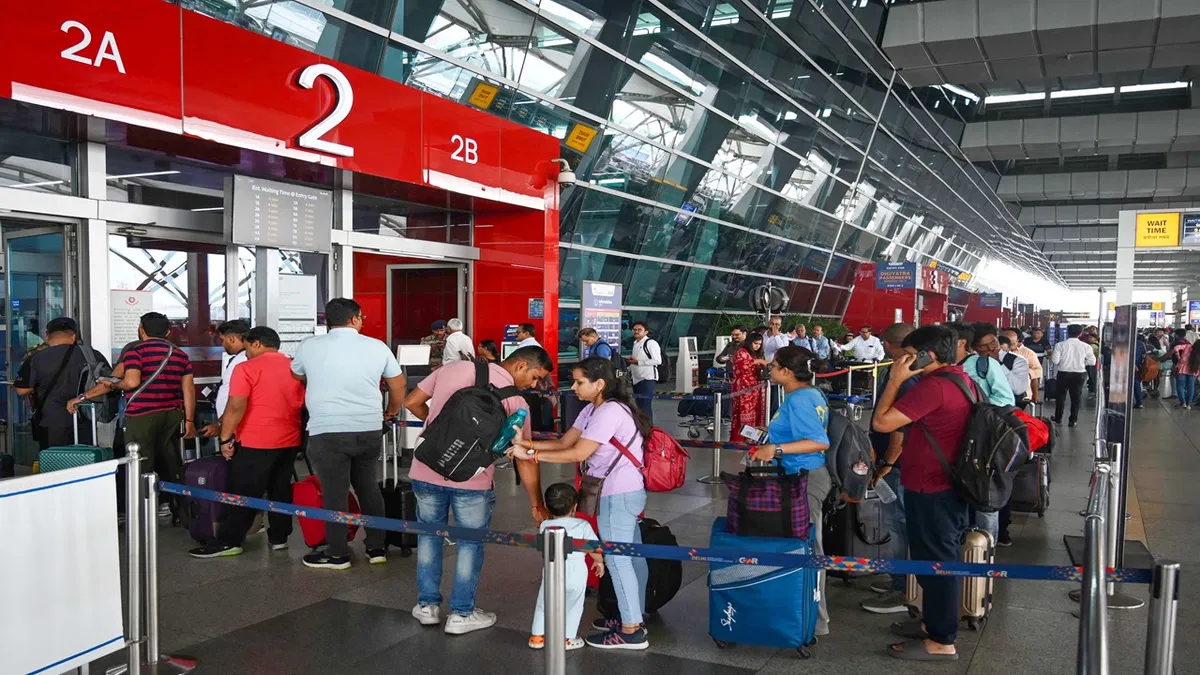Key Highlights:
As the global health community continues to grapple with the resurgence of Mpox, India has stepped up its efforts to prevent the spread of this infectious disease within its borders. In response to the increasing number of Mpox cases worldwide, the Indian government has implemented a series of measures, including heightened vigilance at airports and the designation of specific hospitals as nodal centers for treatment and quarantine .
Mpox Resurgence: A Growing Concern
Global Context
Mpox, formerly known as Monkeypox, has resurfaced as a significant public health concern in various parts of the world. The World Health Organization (WHO) has classified the disease as a global public health emergency, emphasizing the need for countries to take immediate preventive measures. India, with its vast population and high international travel volume, has taken this threat seriously.
India’s Preparedness Measures
The Indian Ministry of Health and Family Welfare has been proactive in its response to the Mpox threat. The ministry has issued guidelines and instructions to ensure that all necessary precautions are taken to detect and contain any potential cases. This includes coordination with state governments, airport authorities and healthcare institutions across the country.

Airports on High Alert: Screening Intensified
Increased Surveillance
One of the primary areas of focus in India’s response to the Mpox outbreak is its international airports. With travelers entering the country from various parts of the world, airports are critical checkpoints for screening and identifying potential cases. The Ministry of Health has instructed airport authorities to increase surveillance, particularly for passengers arriving from regions with reported cases of Mpox.

Airport Protocols and Guidelines
To ensure that no cases go undetected, the ministry has implemented stringent screening protocols at all major airports. This includes thermal scanning, health declaration forms and isolation facilities for suspected cases. Airport staff have been trained to recognize the symptoms of Mpox and to take appropriate action if a potential case is identified. These measures aim to prevent the spread of the disease within the country while ensuring that travelers are handled with care and professionalism.
Nodal Hospitals Designated: Strategic Response Centers
List of Nodal Centers
In addition to airport vigilance, the government has designated three hospitals as nodal centers for the treatment and management of Mpox cases. These hospitals are equipped with specialized facilities and trained medical personnel to handle any suspected or confirmed cases. The designated hospitals are located in strategic regions to ensure that patients across the country have access to the necessary care.

Hospital Preparedness
The nodal hospitals have been instructed to maintain a state of readiness, with isolation wards, adequate medical supplies and dedicated healthcare teams on standby. Regular drills and simulations are being conducted to ensure that the staff is fully prepared to handle an outbreak. The hospitals are also working closely with local health authorities to coordinate response efforts and ensure a seamless flow of information and resources.
Public Awareness and Prevention Measures
Government’s Role in Public Safety
The Indian government is not only focusing on containment measures but also on raising public awareness about Mpox. Public health campaigns are being launched to educate people about the symptoms of the disease, preventive measures and the importance of early detection. The government is also advising citizens to avoid unnecessary travel to affected regions and to follow all recommended health guidelines.
Recommendations for Travelers
Travelers are being urged to cooperate with airport authorities and to report any symptoms they may experience after arriving in India. The government has also recommended that travelers from affected regions undergo voluntary quarantine and seek medical attention if they exhibit any signs of Mpox. These measures are designed to protect both the travelers and the broader population from the spread of the disease.
Conclusion
India’s proactive response to the Mpox threat underscores the government’s commitment to public health and safety. By increasing vigilance at airports and designating nodal hospitals for Mpox cases, the country is taking comprehensive steps to prevent the spread of the disease. As the situation continues to evolve, the Indian government remains vigilant, ensuring that all necessary precautions are in place to protect its citizens.
To get Latest News Updates Click Here
